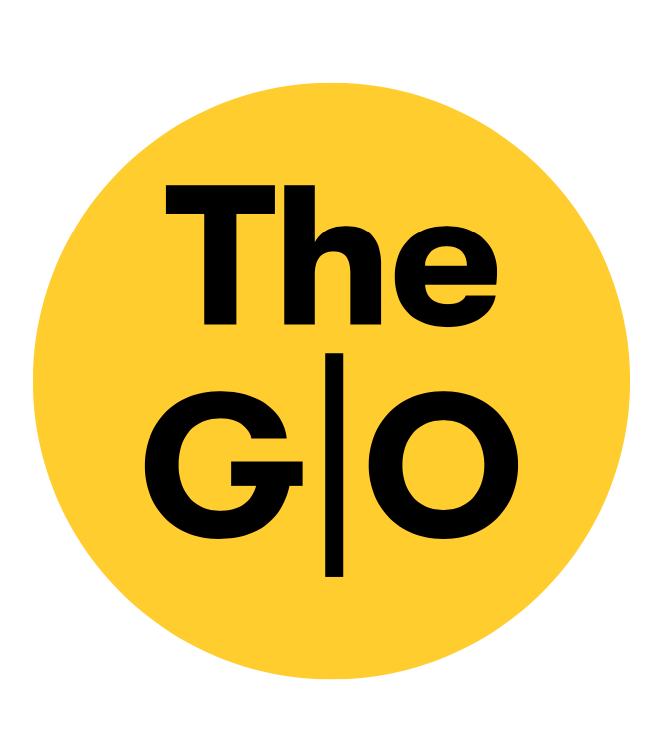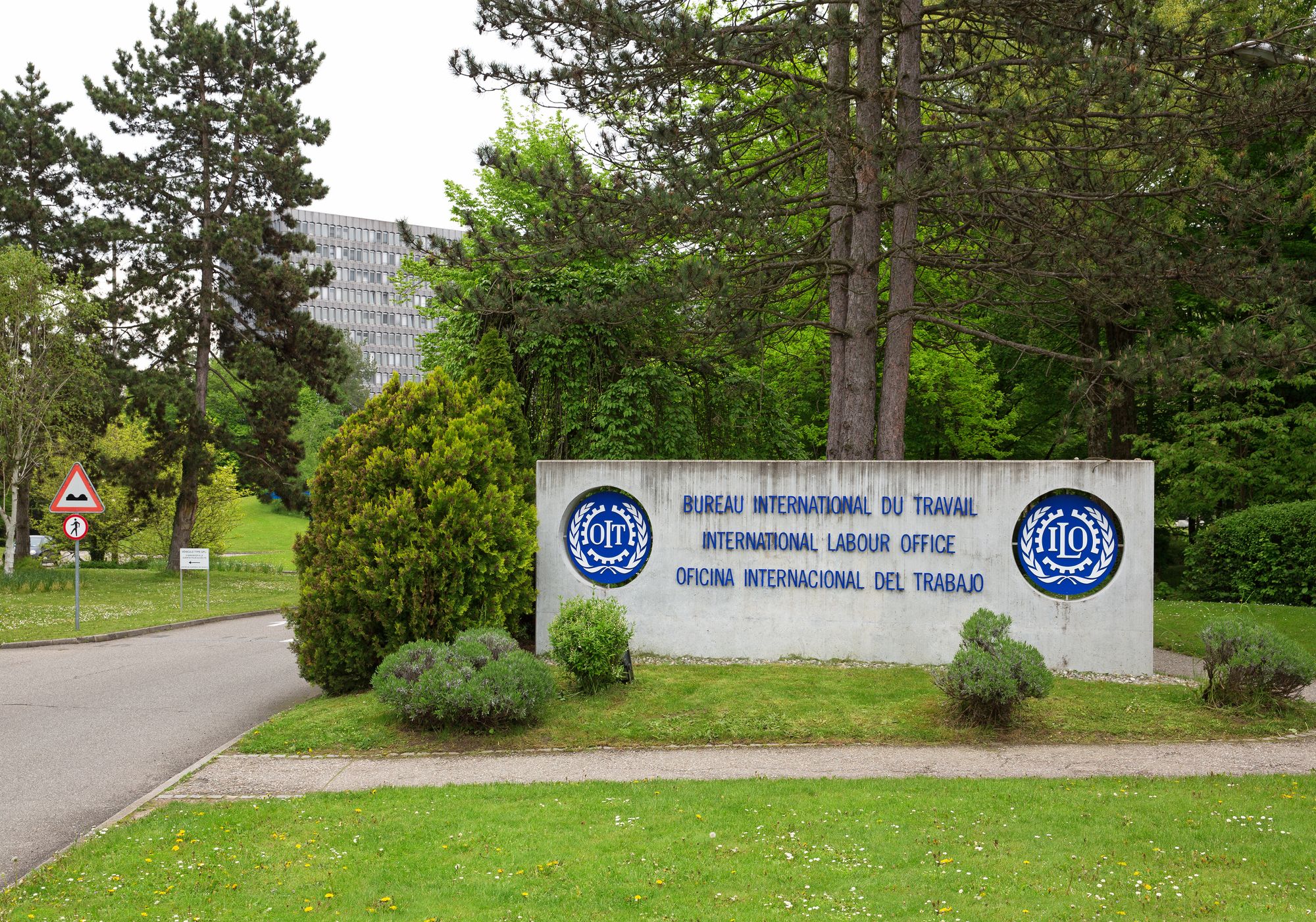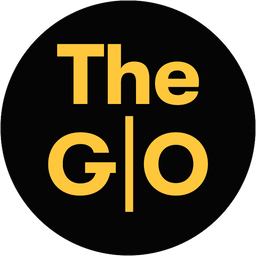#149 The G|O Briefing, September 7, 2023
Repression of Uyghurs in China: one year on, revisiting the "Bachelet report" | What to make of the BRICS' expansion?
Friends, we hope you are well,
A shorter than usual Briefing today as International Geneva is on holiday, celebrating the Jeûne Genevois. The shortened week scrambled just about everyone’s schedule; meetings had to be crammed into only a few days. We followed no less than five yesterday, all dedicated to previewing the upcoming 54th Session of the Human Rights Council set to open on Monday, September 11, and last for six weeks. With the situations in Sudan, in Afghanistan, in Burundi and in Russia, a number of important items will be discussed.
Jamil and I choose to focus on the consultations surrounding the first anniversary of—and follow-up to—the publication of what is commonly referred to as the “Bachelet report,” one of the most controversial documents ever published by the Office. Released in the middle of the night by the former UN High Commissioner for Human Rights, just minutes before her mandate was due to end, it documented alleged violations against Uyghurs and other Muslim minorities in China that, for the UN, amounted to possible “crimes against humanity.” A year later, in a still tense climate, the question is how to make sure the report is now followed up, and how to hold China accountable for its alleged violations.
Some anniversaries are easier than others to celebrate. Almost a year ago to the day, former UN High Commissioner Michelle Bachelet chose the middle of the night to publish her report on alleged grave violations of human rights by China. It was one of the most controversial reports ever written by the Office of the UN High Commissioner for Human Rights (OHCHR), and continues to be the subject of intense diplomatic activity and debate.
“Governments and the UN rights office should seize the opportunity of the Xinjiang report anniversary to send a clear message that Beijing will not get away with grave international crimes. Human member countries should not stay silent in the face of crimes against humanity,” says Maya Wang, associate director of Human Rights Watch (HRW). Her timely statement—the 54th session of the Human Right Council starts on Monday (September 11)—is as much a call to action as it is a blunt reminder to the international community that Beijing’s alleged violations of human rights in the Xinjiang province amount to “crimes against humanity,” according to the UN’s own investigations and report. The damning document cited "credible allegations" of “imprisonment,” “treatment that would amount to torture” and “forced steralisation."
In one of the most epic moments in International Geneva’s recent memory, Michelle Bachelet released the much-awaited document at midnight on August 31, 2022, a few minutes before leaving office. Beijing had done everything it could to prevent the report’s publication, while the US and its allies criticized the delay in its release, some barely refraining from publicly accusing Bachelet of being too accommodating with China, whose government considers any attempt at investigating its human rights record as an unacceptable intrusion into its domestic affairs. When Bachelet's successor, Volker Türk, took the job, he promised that he would follow up on the report his predecessor had dropped on his desk.

A year later, as the Human Rights Council prepares to open its 54th regular session, the same battle lines are drawn, albeit in different geopolitical circumstances, insiders at the OHCHR and diplomatic sources say. And the question of what Volker Türk—and the Western group—should do, as the High Commissioner prepares to address the Council on its opening day, is high on the diplomatic conversation. The UN High Commissioner for Human Rights must traditionally report to the Council at the opening of every session. Human rights defenders, and the Western group at the Council with its allies, would like Volker Türk to use his opening speech to strongly denounce China. This would not only keep the focus on Xinjiang, but also put China on the defensive as it increasingly takes an anti-Western stand.
For Türk, an outspoken human rights defender widely credited for the work he’s done since taking office, the path is narrow. In attempting to fulfill his promise to act on the report, he has opened and developed communication channels with Beijing, efforts that could be jeopardized if he were to adopt strong language in his speech. “Defending human rights is, in the end, trying to change the conditions of the victims of violations,” a Western diplomat said while discussing the situation; “dialogue is important.” “Volker Türk should be given some time,” another concurs. Beijing, sources told us, has indeed put the UN’s High Commissioner on notice that were he to use forceful language in his update on the report, China might cease all cooperation with the Office.

From civil society to Western governments, the constant pressure on Volker Türk to act forcefully stems in large part from the fact that a year after the release of the Bachelet report, the geopolitical situation has been significantly altered, along with a new stridency in anti-Western rhetoric now also taking hold in a large number of African countries. Some diplomats here do not totally rule out the possibility that, in the current climate, Russia could be reelected to the Human Rights Council, after having been suspended following its full-scale invasion of Ukraine. In other words, a window of opportunity to make China accountable might be closing.
A coordinated approach among the Western group at the Human Rights Council, however, taking the form of a statement or a resolution, seems highly unlikely, according to diplomatic sources. A vote would probably end up in a repeat of the rebuke suffered by the West last year when trying to have the Council debate the situation in China.
Aware that the current composition of the Council is not favorable for a vote—“what’s the point of risking defeat?” says a European diplomat—human rights activists and the Western group are pushing instead for a coordinated and sustained effort to promote accountability.
The plan would start by having Volker Türk update the Human Rights Council on Monday on the situation in Xinjiang, based on his office’s investigations, and present a concrete action plan to ensure accountability. His office could also lead an initiative using the UN Special Rapporteurs and investigative capabilities to help Uyghur victims and relatives locate missing persons. Human Rights Watch and other human rights defenders, whose propositions are broadly supported by the Western group at the Council, call for countries to identify Chinese officials involved in serious abuses in Xinjiang, impose targeted sanctions on those responsible, and possibly prosecute the most serious cases using the concept of “universal jurisdiction,” which allow a country’s judicial system to prosecute, under certain conditions, serious crimes committed outside of its territory.
-JC and PHM
Our op-ed of the day is by Daron Acemoglu, the author of international bestsellers such as Why Nations Fail and Power and Progress. Writing on the extension of the BRICS, and its inclusion of new members widely considered as authoritarian or illiberal, Acemoglu—one of the most cited economists of the decade—makes the documented case that there is a strong relationship between democracy and economic performance.
The Wrong BRICS Expansion
By Daron Acemoglu*
At first blush, it may seem like good news that the BRICS (Brazil, Russia, India, China, and South Africa) group will expand to include Saudi Arabia, Iran, the United Arab Emirates, Ethiopia, Egypt, and Argentina. An 11-strong BRICS+ could be more representative of the world’s emerging economies, providing a useful counterweight against American hegemony.
Yet, in many ways, the announced enlargement represents a major lost opportunity. The world does not need more countries to fall under Chinese and Russian influence, or to align against the United States; rather, it needs a genuinely independent third grouping to provide a counterweight against both the China-Russia axis and US power.
Because the enlargement includes only countries that already have friendly relations with China, BRICS+ is poised to be merely another tool of Chinese diplomacy. Rather than representing the interests of emerging economies, it will allow for greater Chinese involvement in them. Most likely, this will come at the expense of their workers and people, because Chinese foreign investors tend to tolerate—or even encourage—corruption, reduced transparency, and wasteful megaprojects financed with loans that cannot be easily restructured.
Moreover, adding Saudi Arabia, Ethiopia, Egypt, Iran, and the UAE will turn the BRICS into even more of an “anti-democratic” club. Yet among the institutions that emerging economies most need to ensure their future economic and social success, democracy is high on the list. My own work with Suresh Naidu, Pascual Restrepo, and James Robinson finds that democratization, historically, has equipped countries to achieve faster economic growth within 5-10 years, reflecting increased investments in education, health, and other public services.
By contrast, Chinese engagement tends to hamper democratization and even foment authoritarianism. With many emerging economies facing a “democracy crisis,” and with a growing number of countries experiencing weakening democratic institutions, the new BRICS+ threatens to pour fuel on the fire.
Now that the Sino-American rivalry is intensifying—and potentially reshaping the world order—emerging economies increasingly need their own independent voice. After all, their interests are unlikely to be well served by worsening US-China relations and a reduction in their bilateral trade and financial flows.
Equally, emerging economies need to be able to influence the future of artificial intelligence and other rapidly evolving digital technologies. Even if the current enthusiasm around generative AI tools (such as ChatGPT) turns out to be mostly hype, rapid advances in AI and other communication technologies are still likely in the near term, and these will affect all countries, remaking the global division of labor.
These technologies could have major negative implications for workers, especially in the emerging world, where countries such as India are already exporting various white-collar services. Ultimately, both white-collar and blue-collar workers everywhere may end up competing not against expensive, highly educated labor in rich countries, but against AI-powered advanced software, machinery, and robotics.
The same technologies are also likely to restructure politics in many countries, as AI-powered social media and misinformation (including deep fakes and other manipulative technologies) increasingly influence public opinion and electoral politics. Most developing and emerging economies do not have the supporting institutions needed to regulate and create guardrails against such disruptions.
Moreover, new technologies are giving governments unprecedentedly powerful tools for surveilling their populations and suppressing dissent. Authoritarian regimes are already sharing technologies and techniques with each other. Recent research shows that Chinese surveillance technologies are rapidly being exported to other non-democratic countries, with Huawei alone exporting such goods to 50 countries.
As matters stand, the future of technology is being shaped largely by Chinese authorities, US tech giants (with a limited degree of regulatory scrutiny), and—increasingly—European Union rules. None of these poles reflects the interests of the emerging world, and neither will BRICS+, which will most likely do China’s bidding.
Fortunately, China’s own narrow selection of new members may have created an opening for a promising alternative to BRICS+ to emerge. Other major emerging economies—such as Indonesia, Turkey, Mexico, Colombia, Malaysia, Nigeria, Bangladesh, and Kenya—could form a truly independent bloc, with the hope of ultimately attracting Argentina, Brazil, India, and South Africa to join them. Though each of these countries has had its own problems with democratic processes lately, their experience with democracy, together with their economic size, gives them common ground.
Even more to the point, they could collectively declare independence from both China and the US, giving the wider emerging world a sorely needed voice in debates about the future of globalization and technology. Such choices are far too important to be left to today’s geopolitical rivals.
Daron Acemoglu, Institute Professor of Economics at MIT, is a co-author (with Simon Johnson) of Power and Progress: Our Thousand-Year Struggle Over Technology and Prosperity (PublicAffairs, 2023).


Staying with the BRICS and the constant stream of comments about the group’s planned expansion, you may also want to read ‘Grievance and Reform’ by Kate Mackenzie and Tim Sahay in Phenomenal World. A thought-provoking analysis and an illustration that in-depth explanatory analysis and commentary is increasingly being found outside of mainstream media.
ELSEWHERE IN THE ECOSYSTEM
Last June, at the height of the controversy provoked by the Qatari presidency of the International Labour Conference (ILC), in an attempt to prevent the disruption of the Conference, ILO’s D-G Gilbert Houngbo decided to organize a meeting in Doha between representatives of his organization, Qatar, and the unions.


Initially planned for July, the two-day meeting will finally take place in Doha starting this Sunday, September 10. It will be closely scrutinized by human and labor rights activists and other observers looking to see whether tainted by the Qatargate scandal, the International Trade Union Confederation (ITUC) will opt for a clean break with the past and forcefully push Qatar to fully eradicate its kafala system, reform its minimum wage system, and allow for migrant workers to unionize freely. At stake for the ILO: the extension of its technical cooperation agreement with Qatar, and its continuous presence in the country.
If you are on holiday, enjoy. We’ll be back in your inbox on Sunday with another guest essay.
Today's Briefing: Philippe Mottaz - Jamil Chade
Guest Essay: Daron Acemoglu
Editorial assistance: David Jenny
Edited by: Dan Wheeler


